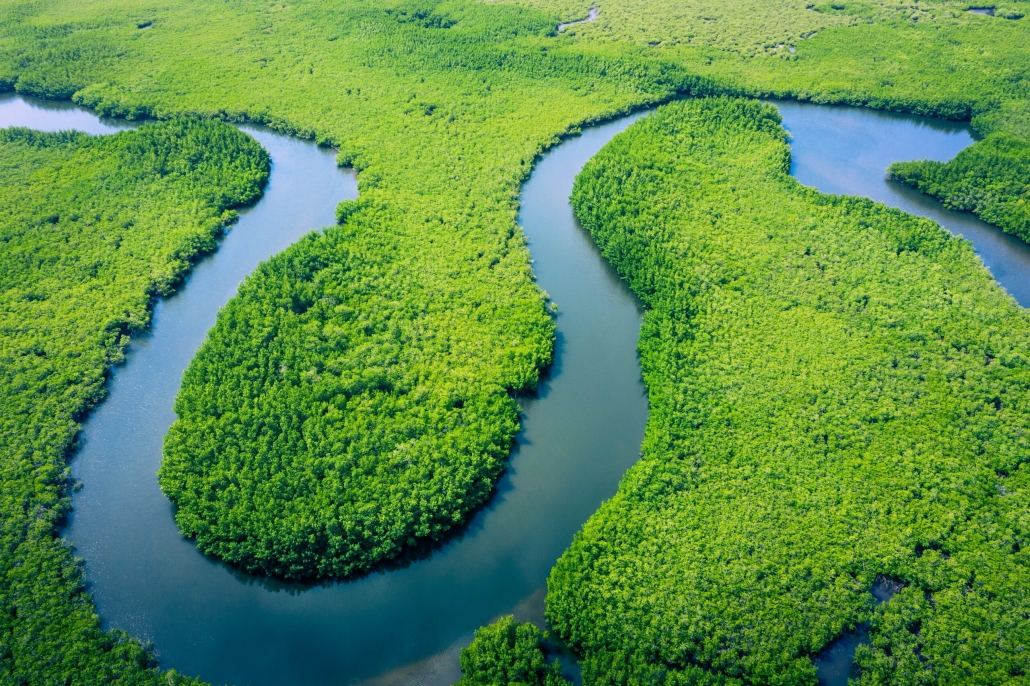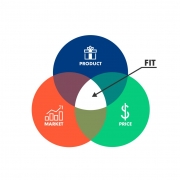Carbon credits in Brazil: I’d invest my own money
Yesterday I spoke with an investor focused in climate tech and once again I got highly excited with the sector. In particular, my eyes sparkled with the potential of carbon credits in our region. You may have already heard that carbon credits are the future and that Latin America and Brazil, in particular, have an enormous potential for it. If that’s the case, can cleantech and carbon credits lift Brazil’s relevance and positive impact in the world? I believe so, and have just prepared a basic download on the theme.

What are carbon credits?
Carbon credits are a type of tradable permit that allows organizations and countries to offset their greenhouse gas emissions by investing in carbon reduction projects. In recent years, Brazil has emerged as a key player in the global carbon credit market thanks to its large tracts of forested land and commitment to reducing deforestation rates.
Brazil’s potential
Brazil is home to the largest rainforest in the world, the Amazon, which covers around 60% of the country. Deforestation rates in the Amazon are a major issue with policies and their enforcement varying by the focus and philosophy of the federal government. Nonetheless, with its abundance of land Brazil has become one of the world’s leading producers of carbon credits, with the potential to generate billions of dollars in revenue. More specifically, according to the Brazilian government, the country’s forest conservation projects have the potential to generate up to $10 billion per year in carbon credit revenue.
Who buys it?
One of the main drivers of carbon credit demand in Brazil is the European Union’s emissions trading scheme, which allows European companies to offset their emissions by purchasing credits from eligible projects. Brazil’s forest conservation projects, which prevent deforestation and promote reforestation, are among the most popular types of carbon credits in the EU market. In 2020, Brazilian projects sold 27 million carbon credits to the EU, generating around $500 million in revenue. Other countries, such as China and the United States, are also emerging as significant buyers of Brazilian carbon credits.
How much?
The price of carbon credits can vary widely depending on market conditions and the type of project. Forest conservation projects, which are the most common type of carbon credit project in Brazil, typically sell for around $5 to $10 per ton of carbon dioxide equivalent. However, prices can be higher for projects that have additional benefits, such as promoting biodiversity or providing economic benefits to local communities.
Local benefits
The potential benefits of carbon credits in Brazil are many. Firstly, carbon credits provide a financial incentive for forest conservation and reforestation, which can help reduce deforestation rates and protect biodiversity. Carbon credits can also provide a source of income for local communities, who can sell their carbon credits to generate revenue.
Further, carbon credits can help Brazil meet its climate targets under the Paris Agreement. Brazil has committed to reducing greenhouse gas emissions by 37% by 2025, compared to 2005 levels, and carbon credits can play an important role in achieving this target. By generating carbon credits, Brazil can offset some of its own emissions, while also helping other countries meet their emissions targets through the purchase of credits.
Challenges
Despite the potential benefits, there are also challenges associated with carbon credits in Brazil. One major issue is the risk of fraud and double counting, which can occur when multiple parties claim the same carbon credit. Additionally, there is a risk that carbon credits can be used as a substitute for more comprehensive climate action, such as reducing fossil fuel use and promoting renewable energy.
I’d invest my own money
Overall, carbon credits have the potential to provide significant economic and environmental benefits in Brazil. Climate tech and clean tech are major investment trends and I am personally extremely bullish, meaning that I would bet my own money on it: on top of believing that I’ll generate strong financial returns I just love seeing the deployment of capital for the creation of shared value. I see more and more dedicated capital coming to the region and startups such as Mombak and Musa are inspiring examples of climate-focused startups.










Leave a Reply
Want to join the discussion?Feel free to contribute!